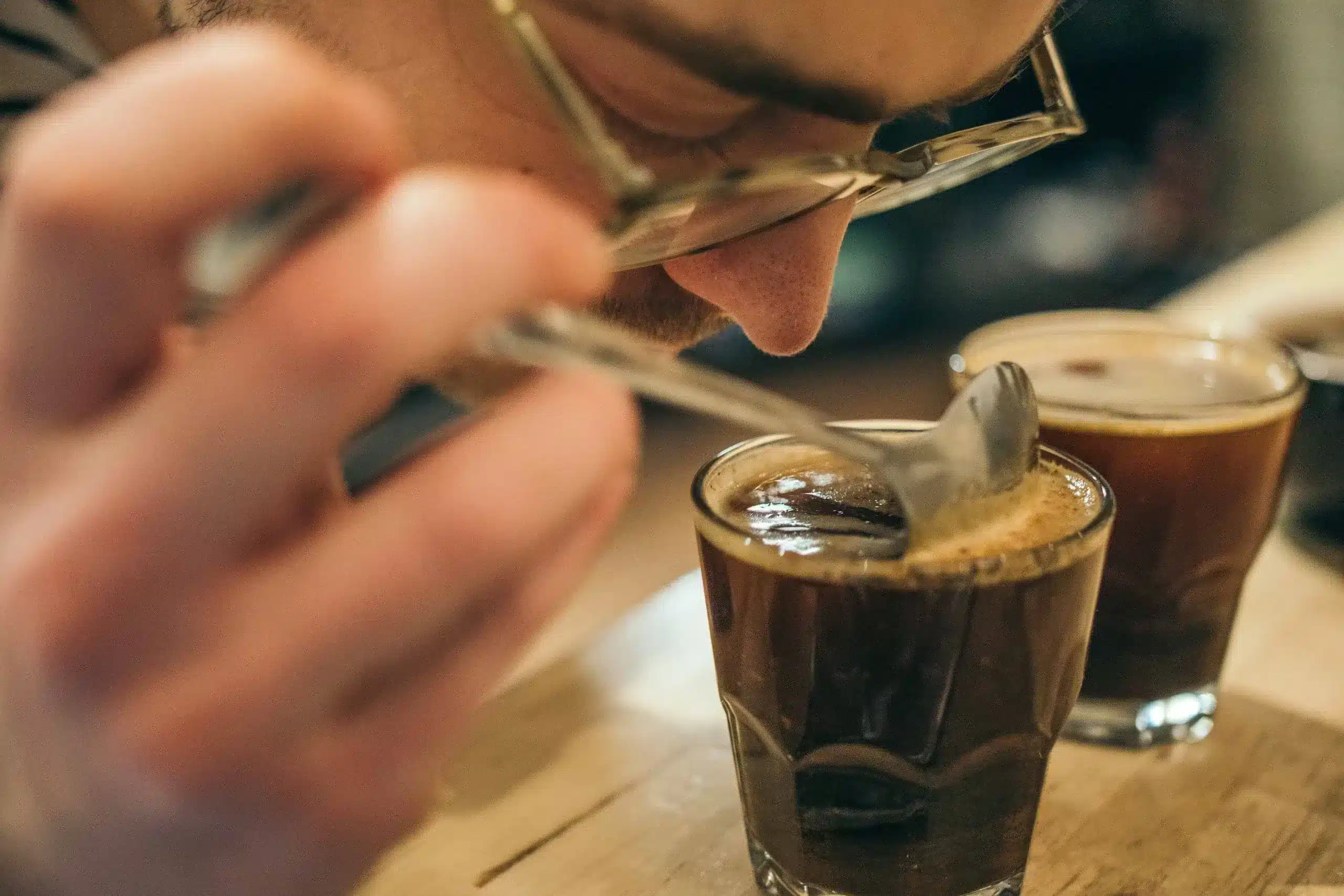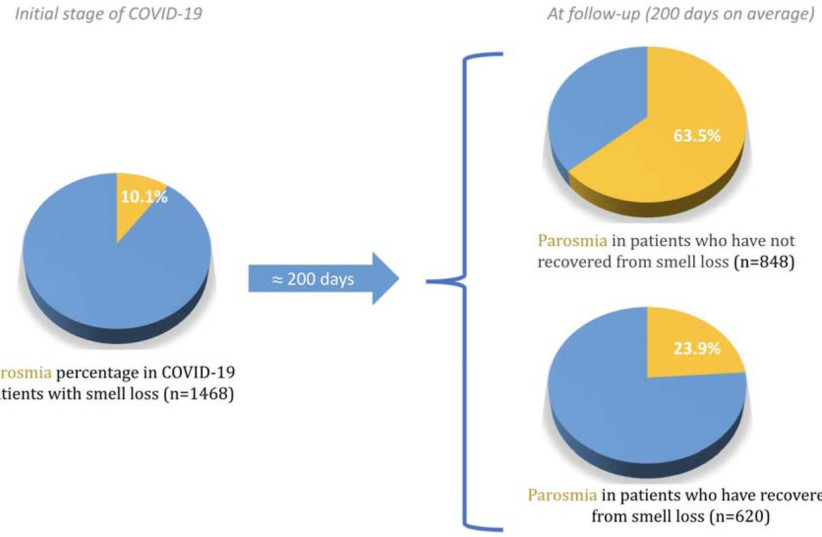Distorted sense of smell remains during post-COVID: Study

Distorted sense of smell remains during post-COVID – study | Photo by Battlecreek Coffee Roasters on Unsplash
Covid is still hovering over humanity and respite seems still distant. Many have suffered during the pandemic, many have lost their lives, and many recovered after getting infected with the contagious virus. Recovery from COVID does not guarantee complete recovery. Implication remains getting attached to the person who got infected once. As per the recent study, Millions of people who recovered from COVID-19, are likely suffering from “distortion of odours” or “hallucinating odours,” even if they recovered from the virus months ago.
The study, conducted through an international association for the study of the senses of taste and smell called the Global Consortium for Chemosensory Research, found that during the course of the disease, incidents of parosmia – a condition in which certain odours smell different and often unpleasant – and phantosmia – a phenomenon of hallucinating odours that do not exist in reality – occurred in only about 10% of patients who lost their sense of smell. However, after recovery, the incidents increased significantly: 47% reported parosmia and 25% phantosmia.
The typical reports received for patients with parosmia are things such as, “There are things that now smell different and unpleasant” or “like chemicals.” Reports of phantosmia included reactions such as “Sometimes I smell a fire, which no one around me smells.”
This specific study included around 1,400 people who were surveyed during, immediately after and up to 11 months after contracting the virus. The team of researchers found that 60% of women and 48% of men reported less than 80% of their pre-illness smell ability. Taste typically recovered faster than smell, and taste loss rarely persisted if smell recovered. Persistent smell impairment was associated with more symptoms overall, suggesting it may be a key marker of long-COVID.
Graphic image showing the presence of symptoms of ‘hallucinating odors’ in patients recovered from COVID-19 | Source: The Study
According to estimates, if there are about a million Israelis who recovered from the disease and about half of them lost their sense of smell, it is likely that tens of thousands continue to have a weakened sense of smell and/or suffer from one of these phenomena.
Throughout the entire planet, there is expected to be around seven million people who may be encountering similar symptoms.
The study was published in MedRxiv and is carried out by researchers from numerous universities across the globe including Hebrew University of Jerusalem, Yale University, University of Queensland. The report is still in the peer review phase.
Observer Voice is the one stop site for National, International news, Sports, Editor’s Choice, Art/culture contents, Quotes and much more. We also cover historical contents. Historical contents includes World History, Indian History, and what happened today. The website also covers Entertainment across the India and World.


